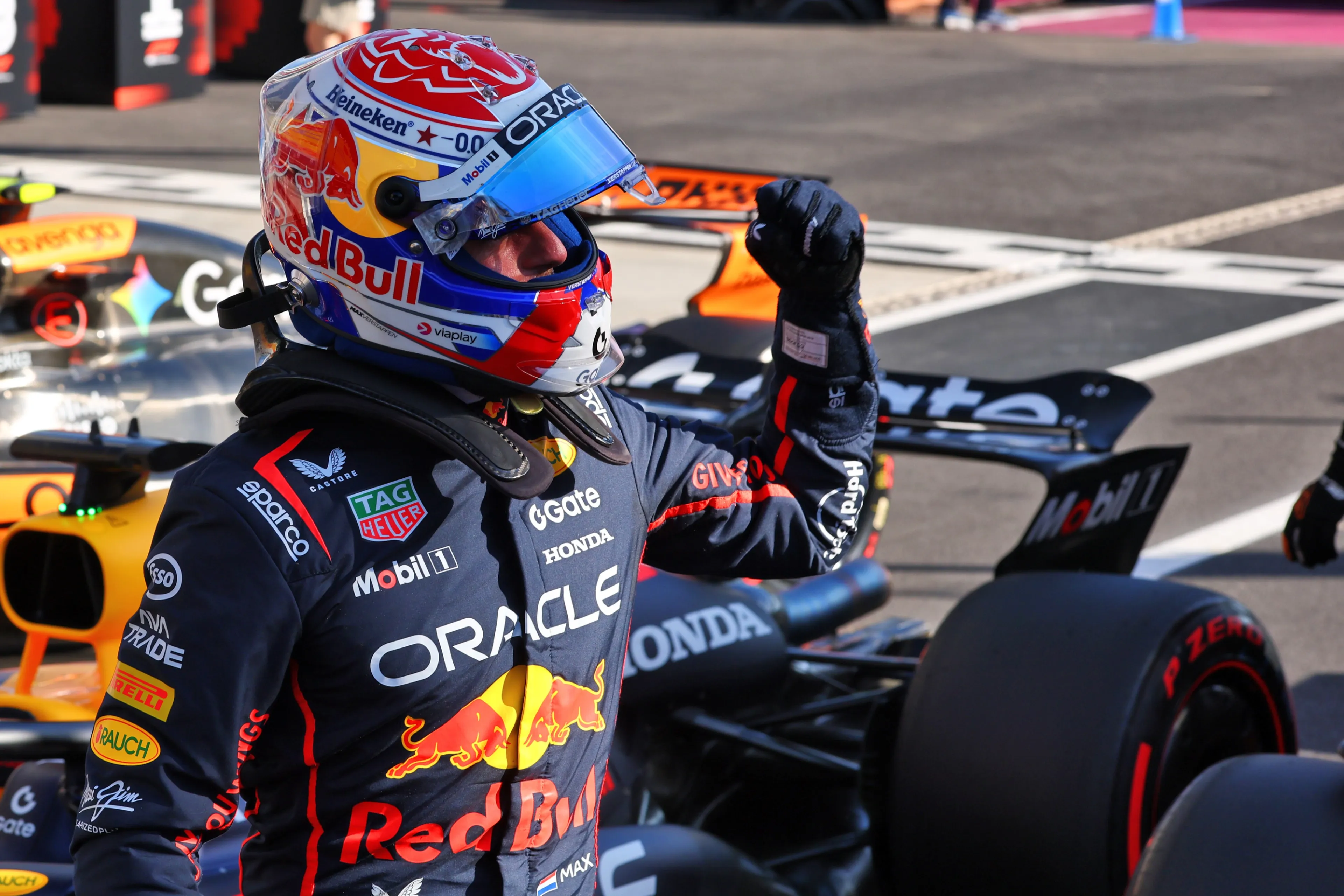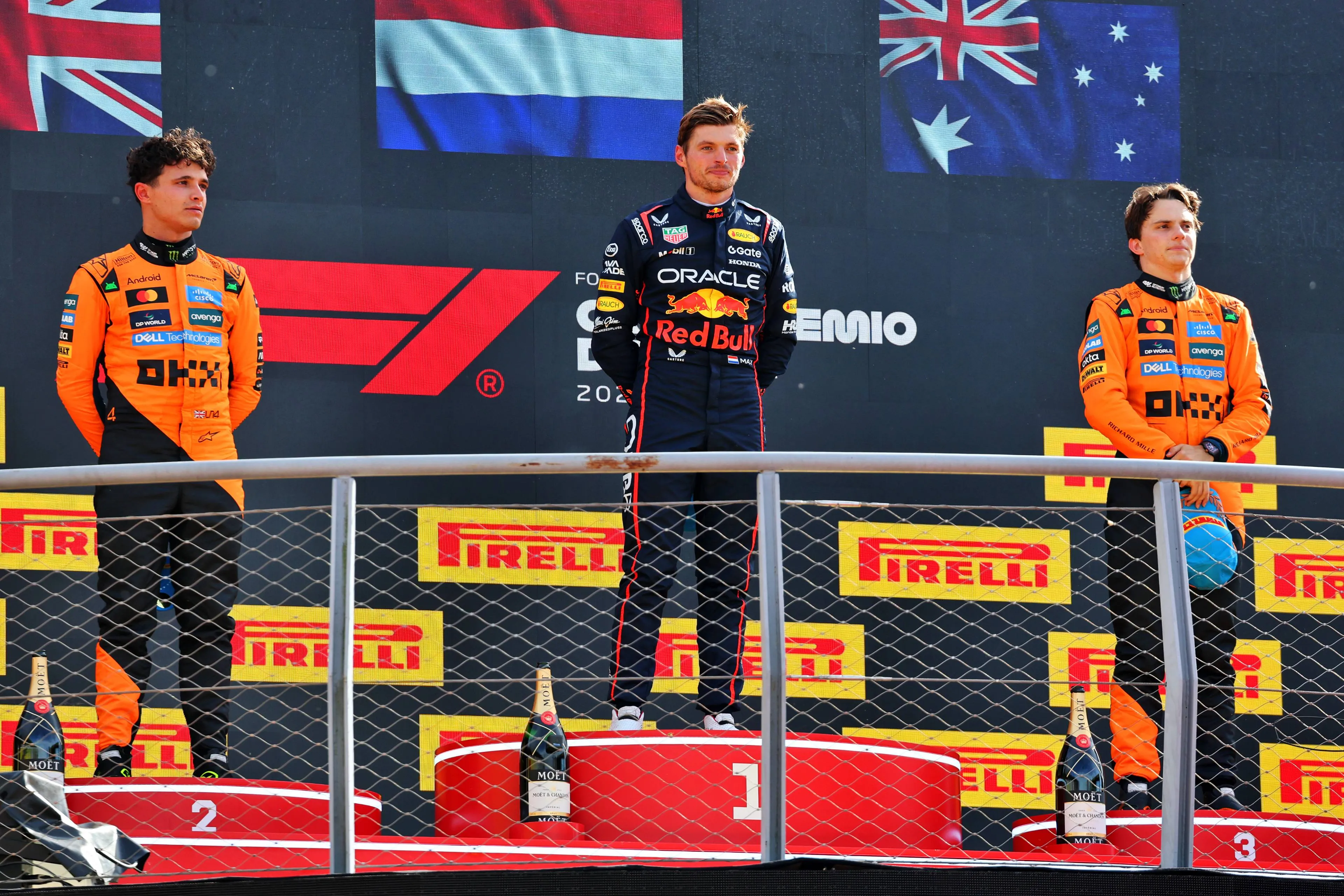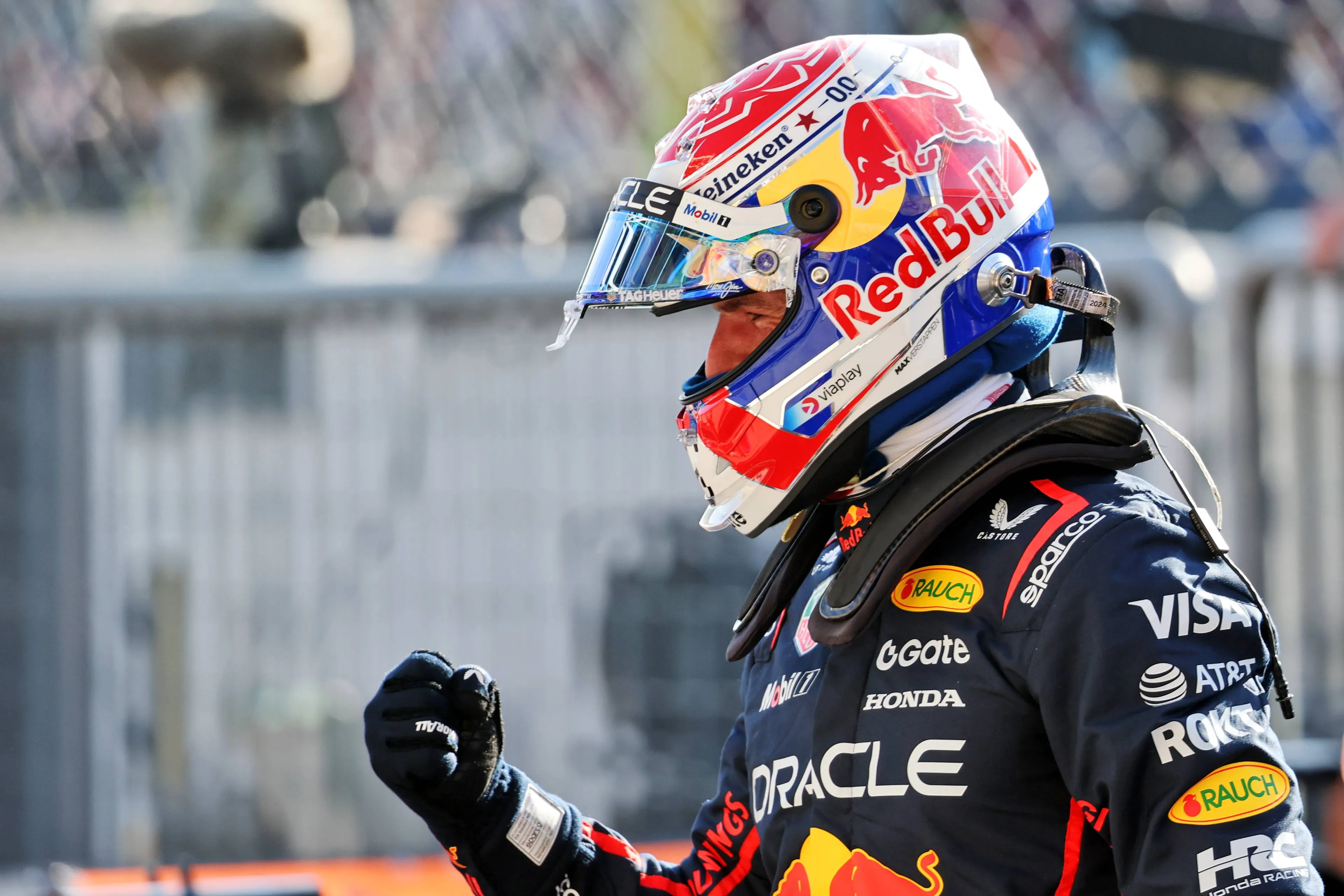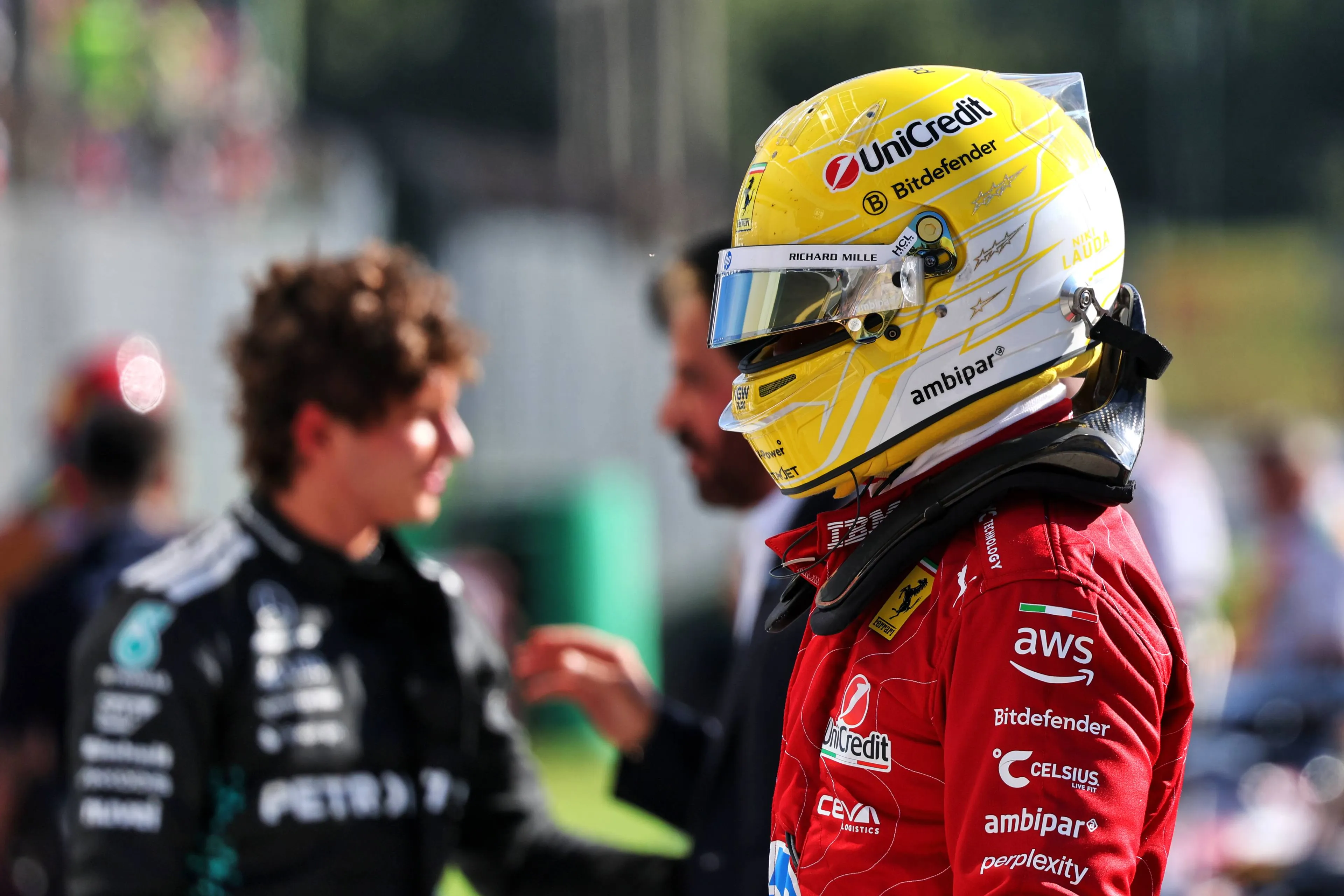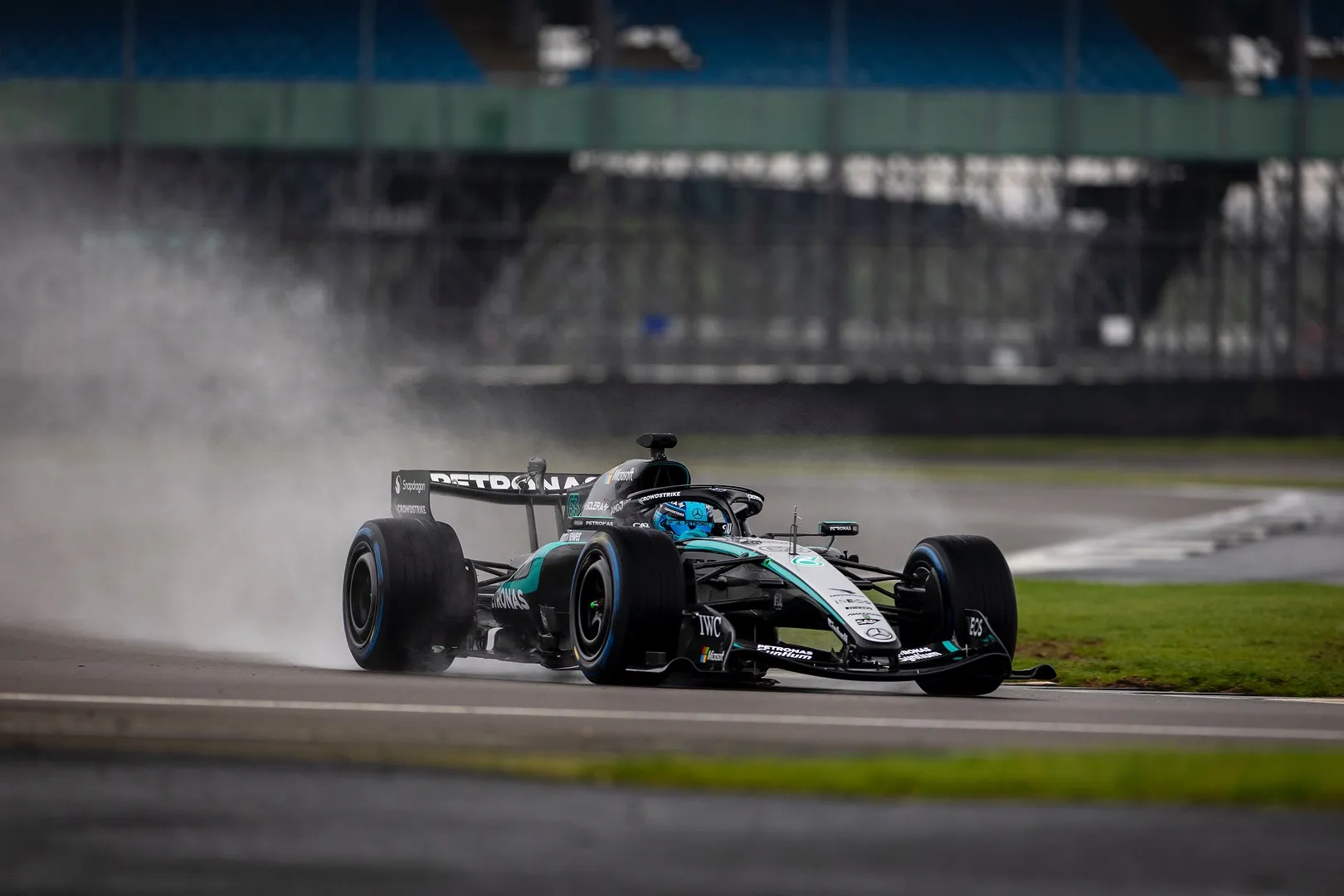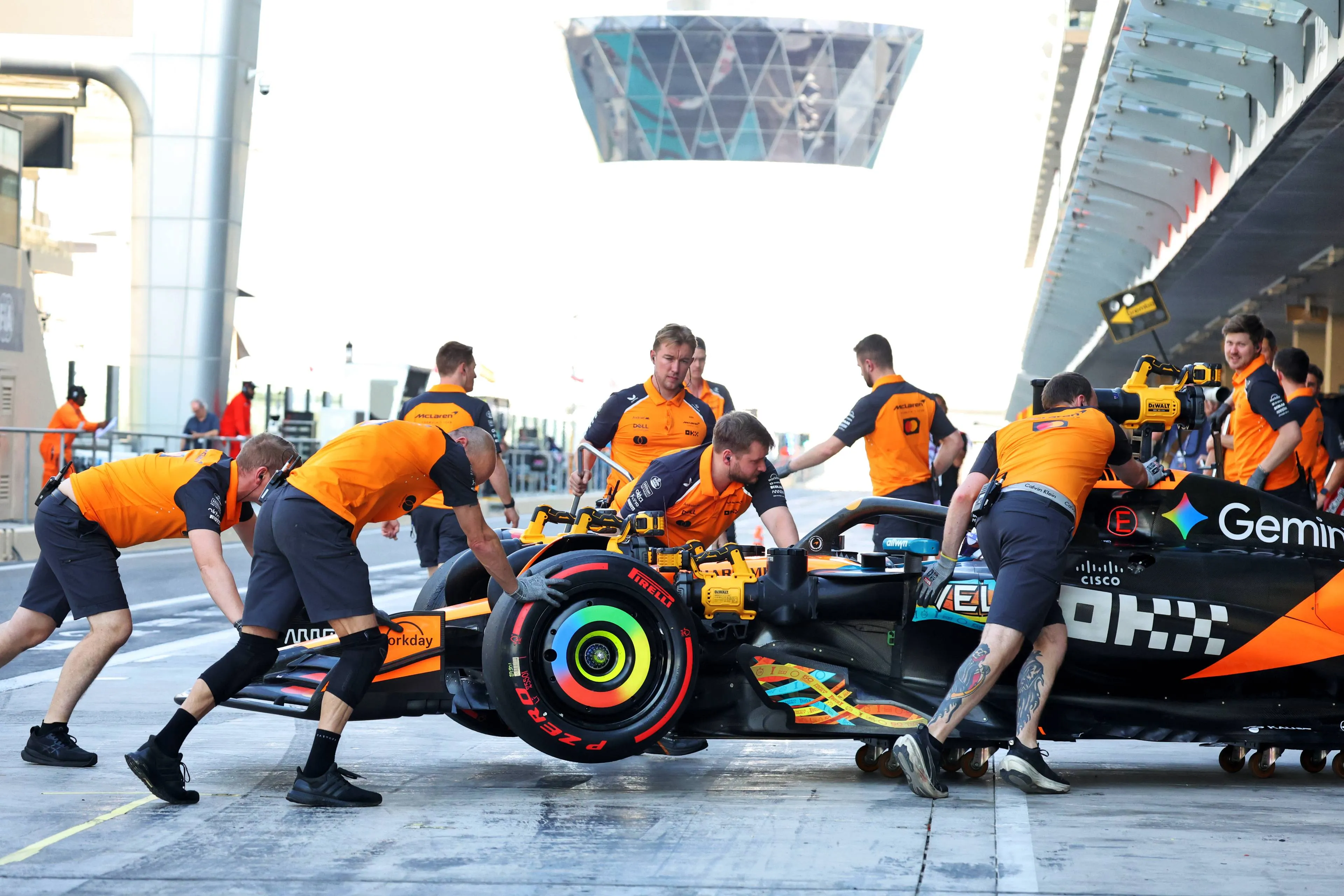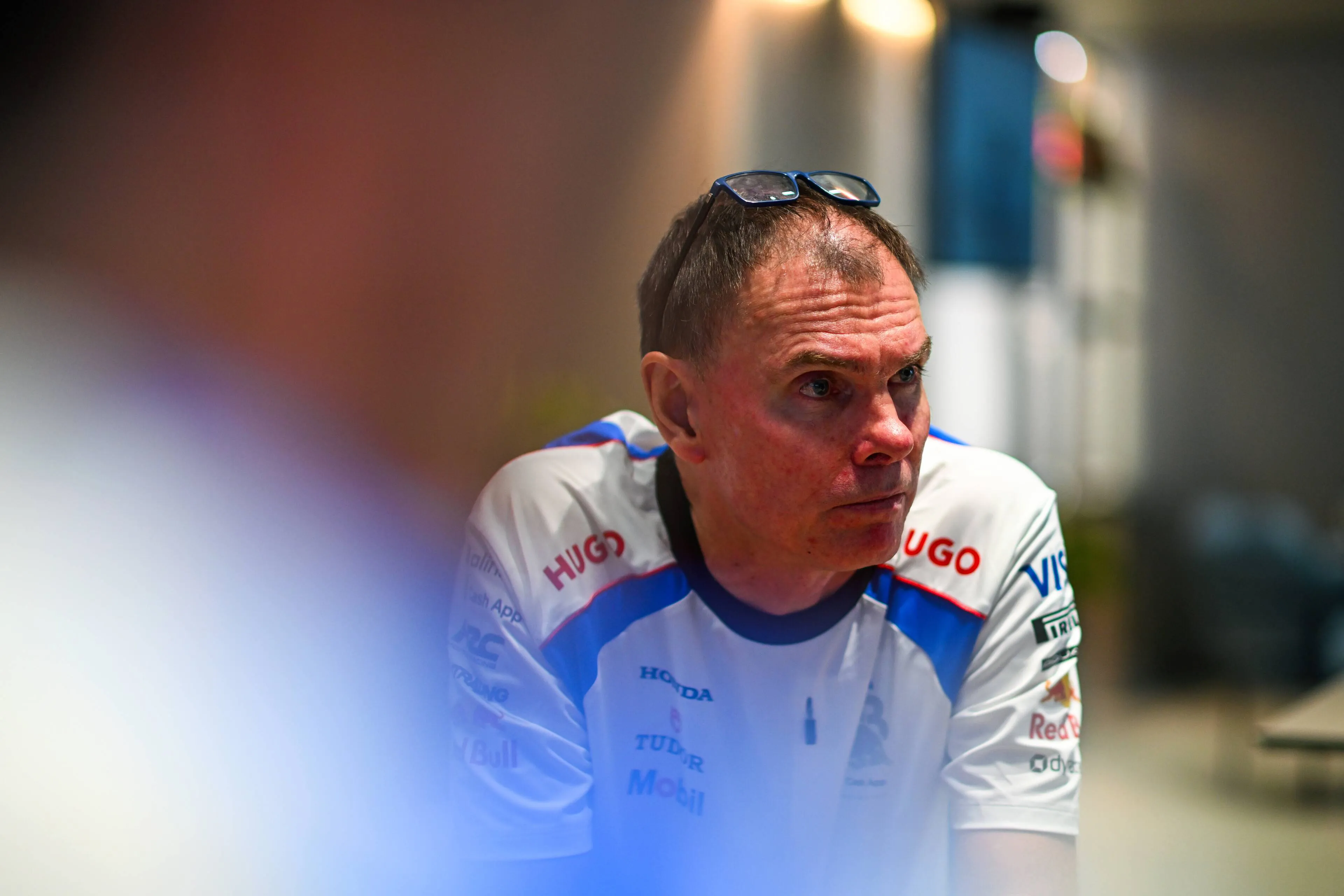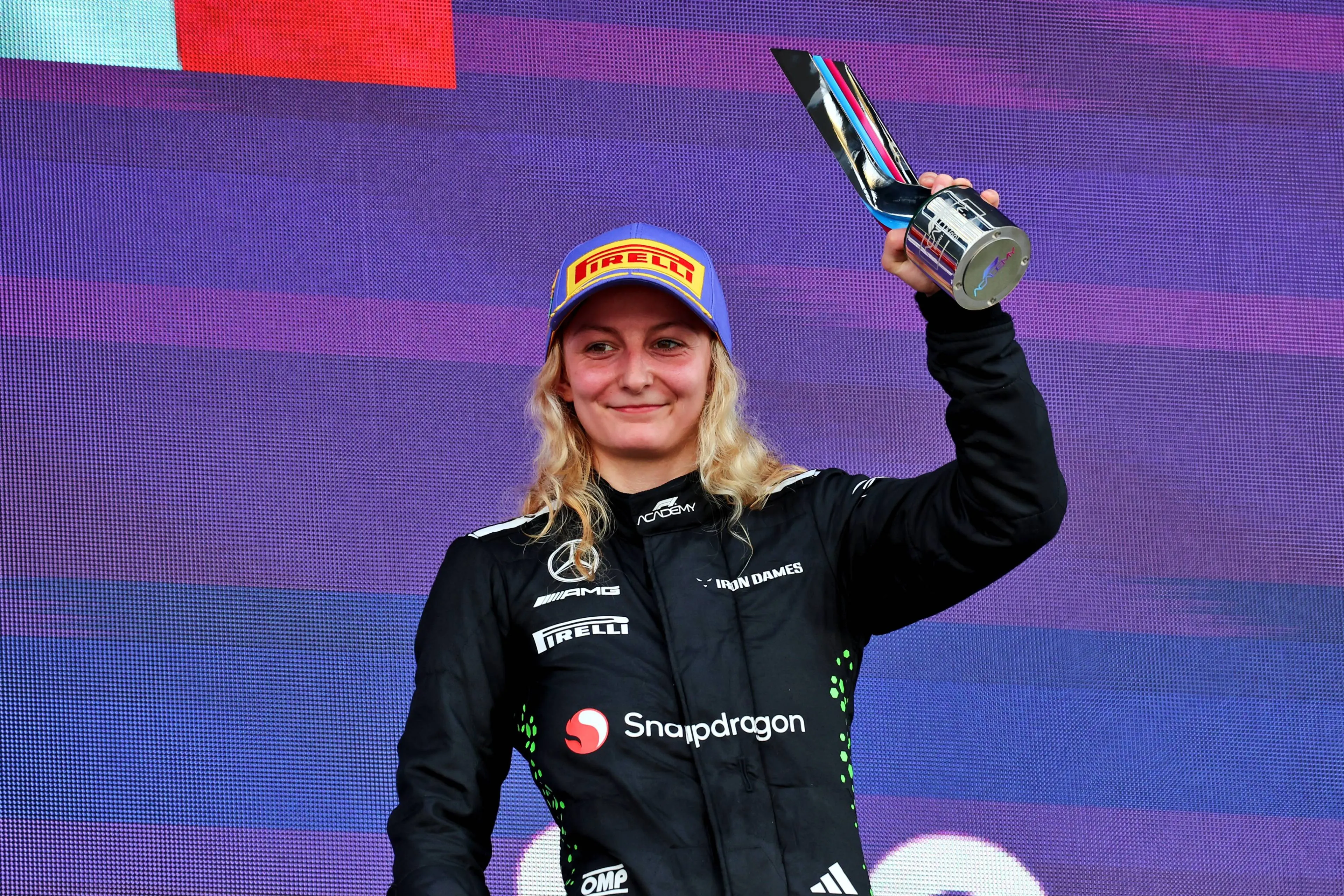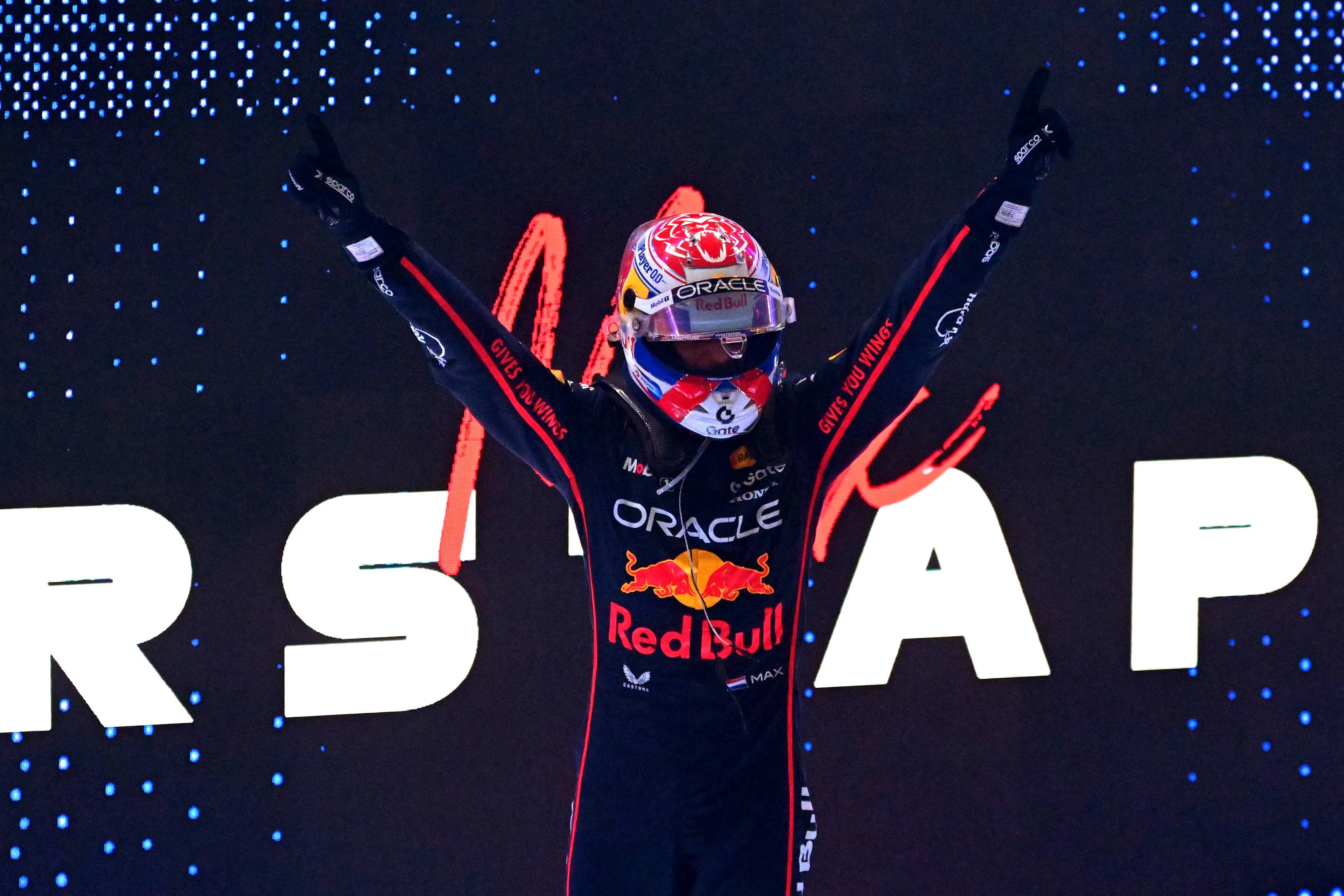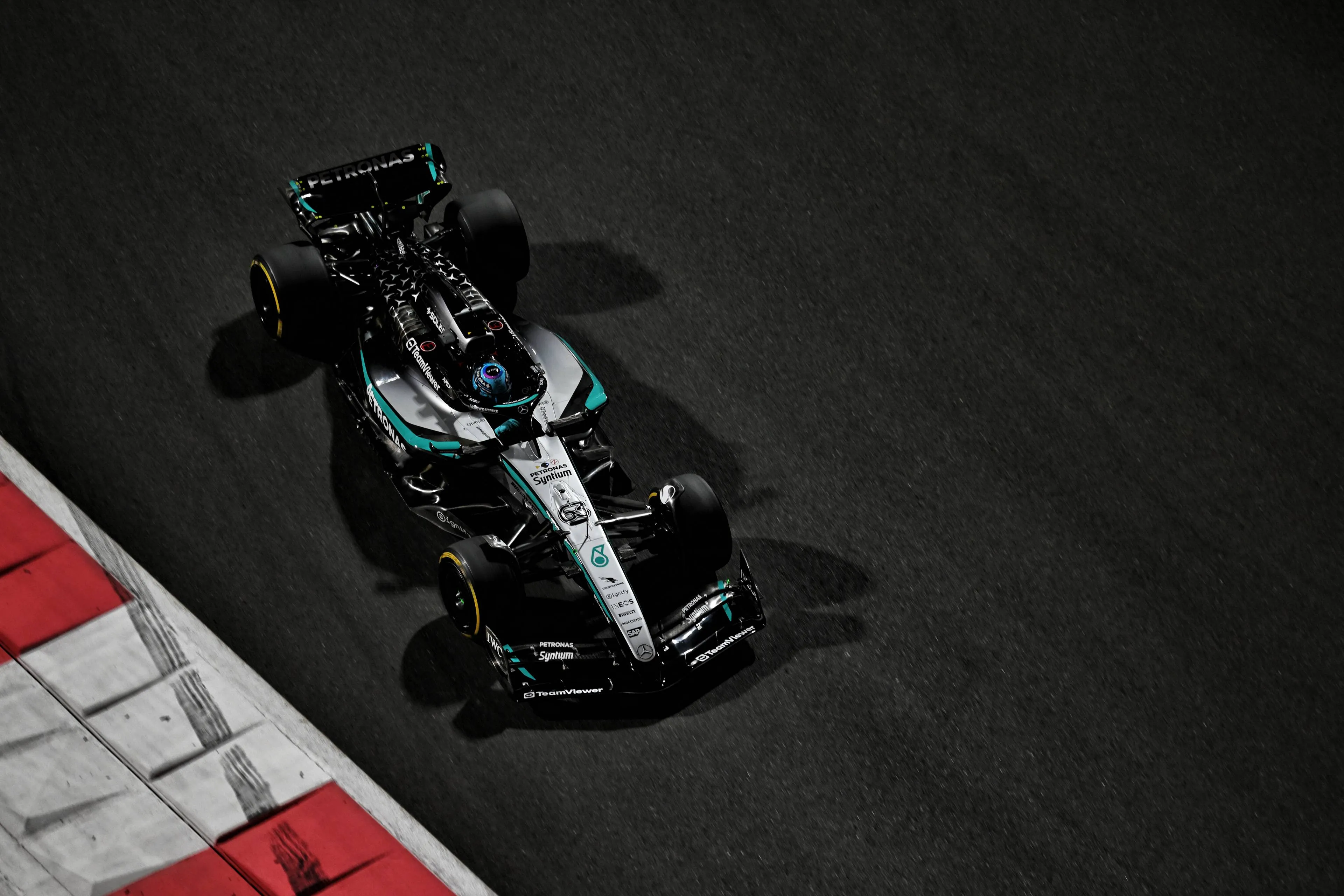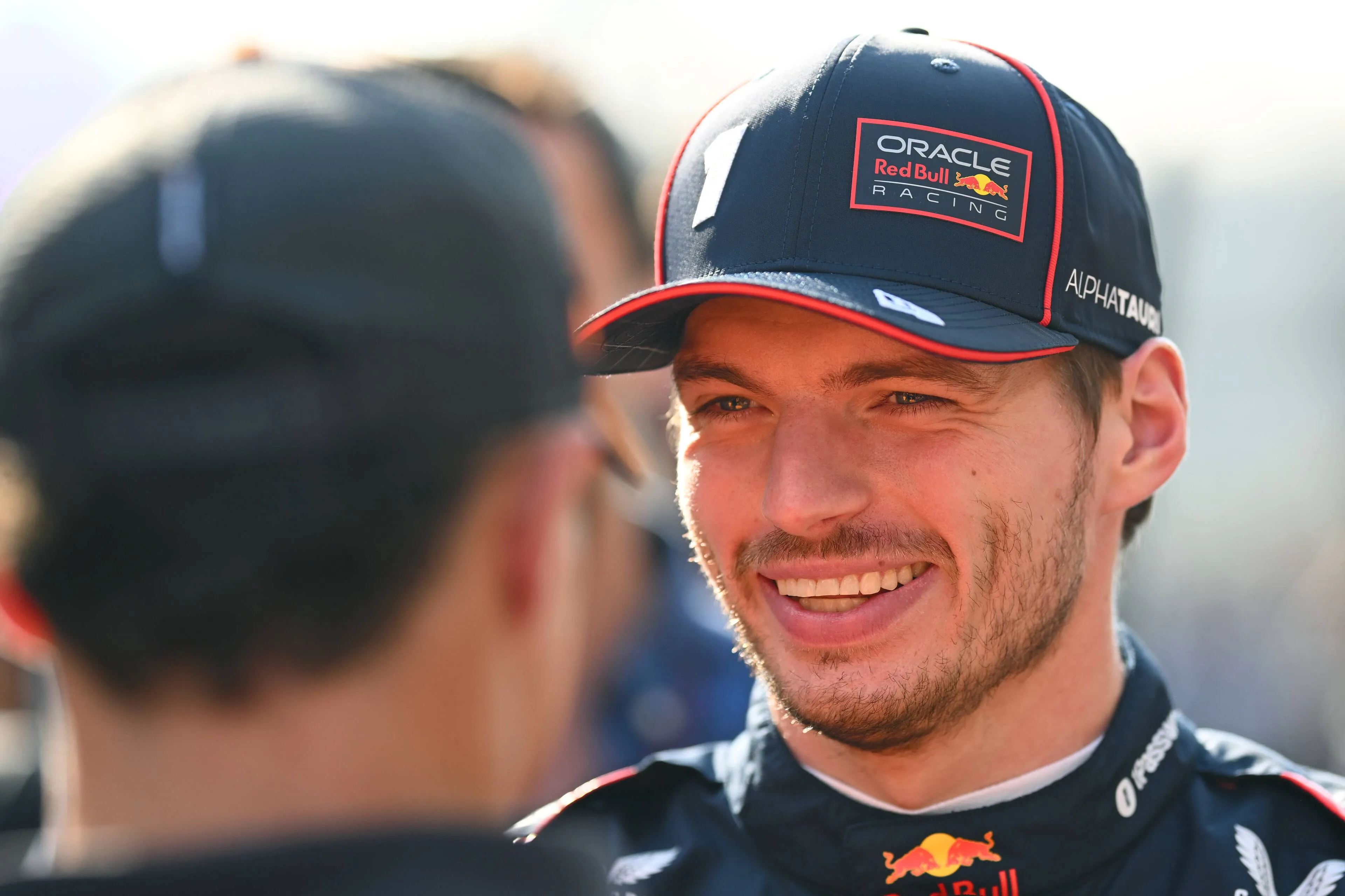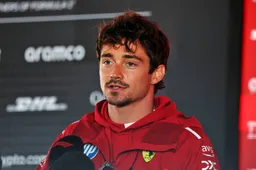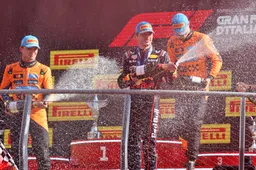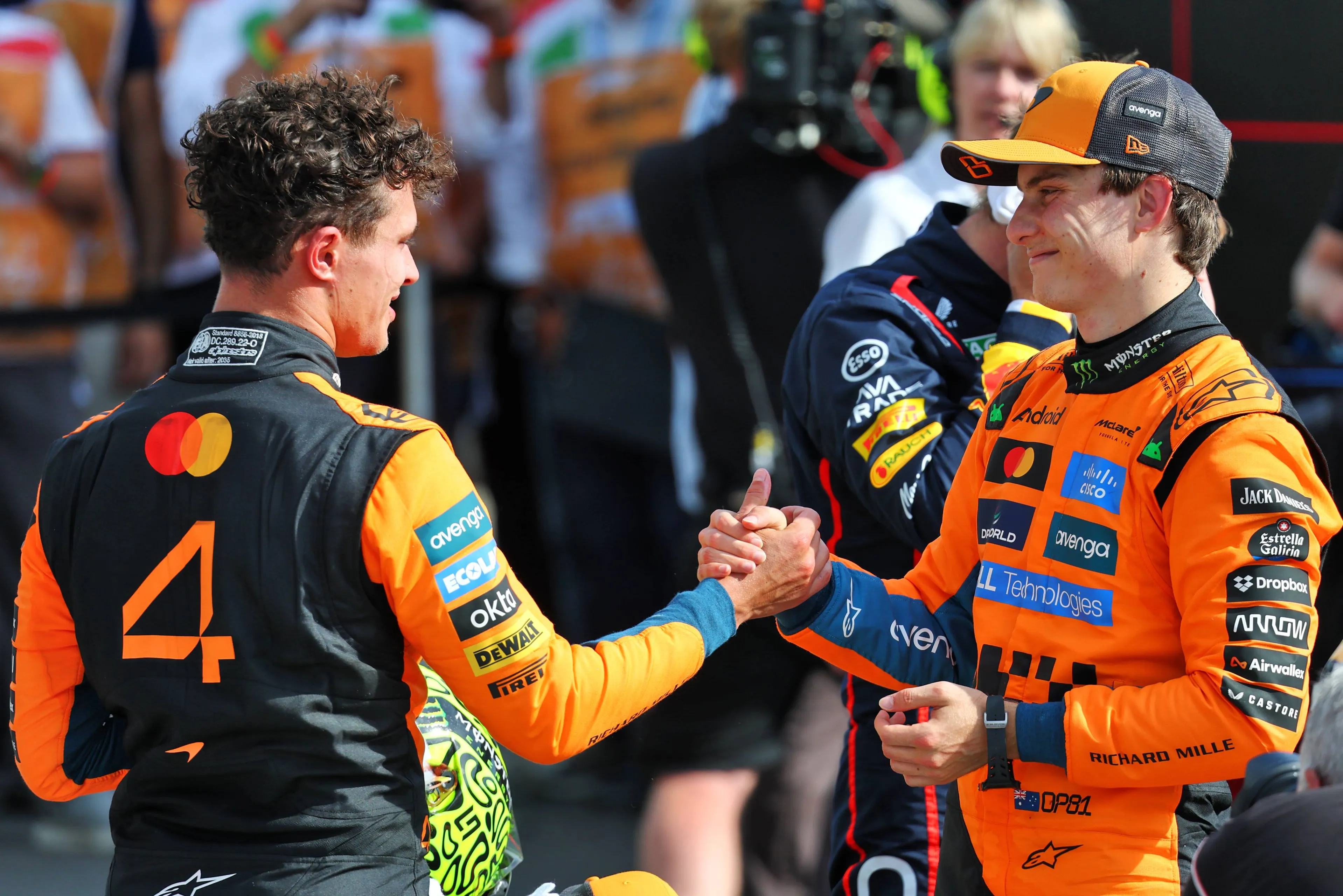
Norris and Piastri after Italian GP - Photo: RacePictures
Piastri and Norris react to team orders as Verstappen shoots journalist down
18:26, 07 Sep 2025
Updated: 20:22, 07 Sep 2025
3 Comments
The aftermath of the Italian Grand Prix has been dominated not by Max Verstappen’s record-breaking victory, but by McLaren’s controversial use of team orders.
McLaren’s team orders take spotlight after Italian Grand Prix
A slow pit stop shuffled the order between Lando Norris and Oscar Piastri, forcing the team to intervene. Both drivers have since given their perspectives, while Verstappen, unfazed, brushed off the debate.
A strategy gamble that didn’t pay off
McLaren came into Monza with confidence in their tyre management, attempting to stretch their opening stints longer than Red Bull in hopes of capitalising on a safety car or virtual safety car. That opportunity never materialised, and their plan began to unravel in the pit lane.
Piastri was the first McLaren to stop, bolting on new softs, while Norris followed shortly after. But a slower-than-expected pit stop for the Briton dropped him behind his teammate. Suddenly, Piastri found himself in second place behind Verstappen.
The McLaren pit wall quickly intervened, asking Piastri to hand the place back. The move drew immediate attention, not least because the two young drivers had been racing closely all season, often with little to separate them.
Piastri: “It wasn’t unexpected”
Speaking to GPblog after the race, Piastri revealed the team’s instructions did not catch him off guard.
“I think we’ve had discussions about all kinds of scenarios,” the Australian explained. “When you’re in the same team, and things happen outside a driver’s control, there are more ways to rectify them. So it is a discussion we’ve had before.
“I’m sure we’ll review it and discuss it more, but it wasn’t a situation that hadn’t been considered.”
Norris: “We’re not idiots”
Norris, for his part, was keen to stress that McLaren’s call was the right one under the circumstances, but not something that automatically sets a precedent.
“Every situation is different,” Norris said. “It’s pretty stupid to assume this sets the standard. We’re not idiots, and we have plans for different things. If there were four cars between me and Oscar, of course he’s not going to let me back through and I don’t think that would be correct.”
The Briton clarified that this was about fairness in a very specific moment.
“In Monza, we weren’t really racing each other it was just about being fair as a team. The team doesn’t want to upset one driver or another through no fault of their own. Today wasn’t my fault. If I came flat out into my box and hit all my mechanics, I wouldn’t expect to get the place back. But today, it was out of my control.”
Norris also stressed that he has no interest in winning by default.
“In the end, I don’t want to win this way. I don’t want to be given positions. And the same goes for us as a team we don’t want to lose or win like that. But we do what we think is right, and we stick to doing it our way.”
Asked if McLaren might take a different approach once they wrap up the Constructors’ Championship, Norris kept it simple:
“No, not that I know of. Ask Andrea [Stella, McLaren’s team principal].”
Verstappen: “Not my problem”
Verstappen, who powered to victory in what became the fastest race in Formula 1 history, was inevitably drawn into the discussion. Asked how he would react if he were in Piastri’s position, the Dutchman was blunt.
“I know you guys want a fun answer,” he said, “but it’s not my problem. So, that’s my answer.”
When pressed a second time, Verstappen doubled down:
“Again, not my problem.”
A Sign of McLaren’s growing stakes
For McLaren, the episode underlined both the strengths and complications of having two highly competitive drivers in similar machinery. Team orders are rarely popular with fans, but as the battle for points and podiums intensifies, such decisions may become increasingly unavoidable.
At Monza, Verstappen may have stolen the headlines with another dominant win, but it was McLaren’s handling of Norris and Piastri that set the paddock talking long after the chequered flag.
Read also
Read more about:
Rumors
Popular on GPBlog
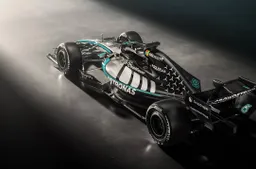
1
No FIA intervention: Mercedes and Red Bull engine 'trick' not banned for now
1557 times read
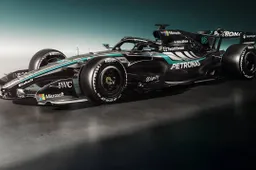
2
First look: Mercedes unveil striking W17 livery as 2026 season looms
807 times read

3
Aston Martin tipped to usurp F1’s long-standing order in bold 2026 prediction
779 times read

4
Mercedes forgo Barcelona shakedown as W17 makes on-track debut
622 times read
Loading

